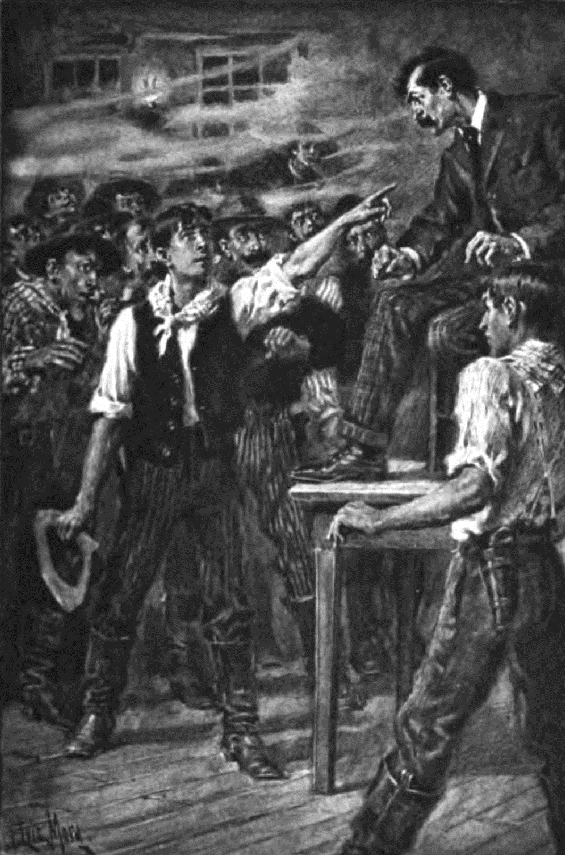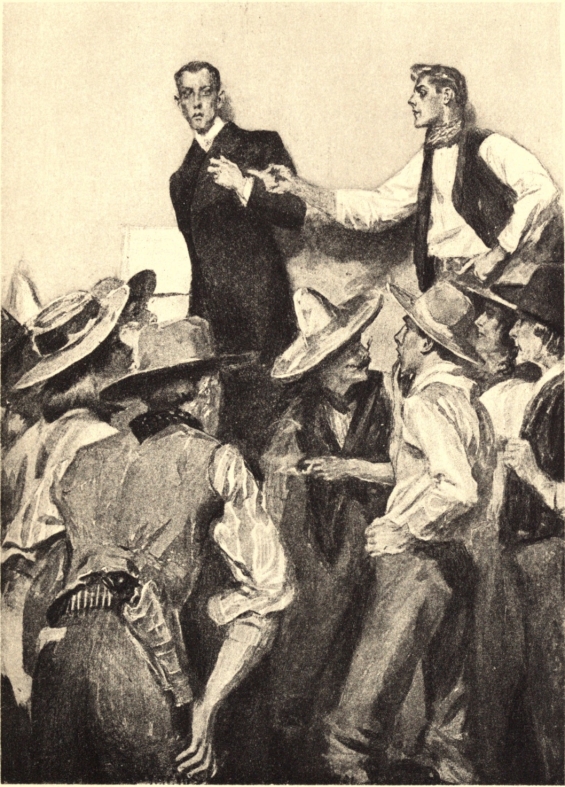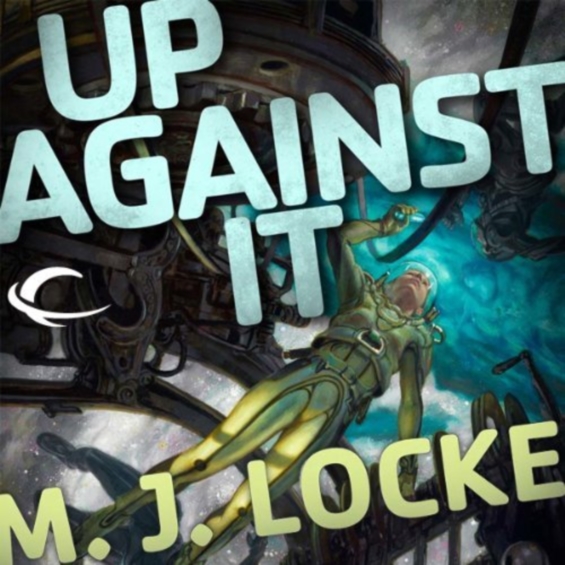

 The SFFaudio Podcast #308 – A Double Barrelled Detective Story by Mark Twain; read by John Greenman. This is an unabridged reading of the story (1 hour 58 minutes) followed by a discussion of it. Participants in the discussion include Jesse and Paul Weimer.
The SFFaudio Podcast #308 – A Double Barrelled Detective Story by Mark Twain; read by John Greenman. This is an unabridged reading of the story (1 hour 58 minutes) followed by a discussion of it. Participants in the discussion include Jesse and Paul Weimer.
Talked about on today’s show:
January and February 1902, a one man machine, why don’t people like this story, acerbic humour, puncturing sacred cows (Sir Arthur Conan Doyle and Sherlock Holmes), chance and chaos vs. logic and reason, Tom Sawyer, Detective, Mark Twain’s detective fiction, real life detectives are completely incompetent, Pinkertons, corruption, early private detectives as upholding the system, post-WWII detectives, noir, an uneasy triangle, a rogue agent for justice, how ridiculous Sherlock Holmes is, Sherlock Holmes’s brother runs the British government?, Sherlock does the retail and Mycroft does the wholesale, The Adventure of Sherlock Holmes’ Smarter Brother (1975) , Young Sherlock Holmes (1985), if Watson is not there to tell us…, Without A Clue (1988), humble-bragging, the crime doctor, Remington Steele, when the miners deflate Sherlock Holmes, oh yes he’s died many times, the smell of the grave, yet another revival, The Hound Of The Baskervilles, San Bernardino, unkillable, unstaydeadable, how meta this story was, “the great detective narratives”, one of Twain’s autobiographies,
It was a crisp and spicy morning in early October. The lilacs and laburnums, lit with the glory-fires of autumn, hung burning and flashing in the upper air, a fairy bridge provided by kind Nature for the wingless wild things that have their homes in the tree-tops and would visit together; the larch and the pomegranate flung their purple and yellow flames in brilliant broad splashes along the slanting sweep of the woodland; the sensuous fragrance of innumerable deciduous flowers rose upon the swooning atmosphere; far in the empty sky a solitary oesophagus slept upon motionless wing; everywhere brooded stillness, serenity, and the peace of God.
is that a typo?, so many readers didn’t see they were being made fun of, we eat so much bullshit, a parody of everything, epistolary writing, perspective change, the shotgun approach to satire, Fetlock Jones, an obscure English Christan name, pain for all eternity, Melbourne, a travelogue, the great detectives were monsters hounding innocent people, the expectations of the townspeople and the reader, the movements of Holmes’ hands, ravaged by bloodhounds, a superpower, a superhero, the 1965 movie adaptation, a miscreant boss, marriage, revenge, Sherlock Holmes’ American adventures, The Valley Of Fear is a Sherlock Holmes story that begins and ends with Holmes in his bathrobe, The Five Orange Pips, the KKK!, Doyle’s embarrassment by Holmes, Hard Case Crime, a youthful embarrassment, Birdman: Or (The Unexpected Virtue of Ignorance) (2014), Galaxy Quest (1999), fan service,
“What a curious thing a detective story is, was there ever one that the author needn’t be ashamed of, except Murders In The Rue Morgue?”
C. Auguste Dupin, earlier detective stories, The Dog And The Horse by Voltaire, Zadig’s super-observance, punishment for honesty, The Moonstone by Wilkie Collins, Drood by Dan Simmons, Moonmist, Infocom, Agatha Christie, Doctor Who: The Unicorn And The Wasp, Tommy and Tuppence, The Pretender, UPN, Brandon Sanderson, the mystery story, as readers of Sherlock Holmes we feel that we could be like Sherlock Holmes, finger stains and muddy boots and walking sticks with bite marks from Alsatians, Ham Sandwich, Wells Fargo, training you powers of deduction, The Librarian TV movies and The Librarians TV series, a superpower that real people (think) they could have, Doyle’s story on the origin of Sherlock Holmes, Dr. Joseph Bell ding ding ding, Murder Rooms, instant diagnosis of disease, predictions vs. diagnosis, web M.D., gout!, Benjamin Franklin, House, M.D., The Talons of Weng-Chiang, The Aluminum Crutch, The Giant Rat Of Sumatra, bad special effects and great writing is preferable to good special effects and shit writing, a little more juice, Murdoch Mysteries (Season 8, Episode 6: “The Murdoch Appreciation Society”), a parallel to the Twain novel, the many cameos by historical figures, CSI: Crime Scene Investigation, how interesting the time period was, telegraph technology, the attention to detail is very high, modern Doctor Who elevates relationships over facts about history whereas historical facts are foremost in the Murdoch Mysteries, The Newsroom, as we gain perspective on history…, we know what was going on 100 years ago, why Jesse hates modern Doctor Who, The Young Indiana Jones Chronicles, Corey Carrier’s Indiana Jones, seeing Ernest Hemingway over time, the belle epoch


Posted by Jesse Willis
